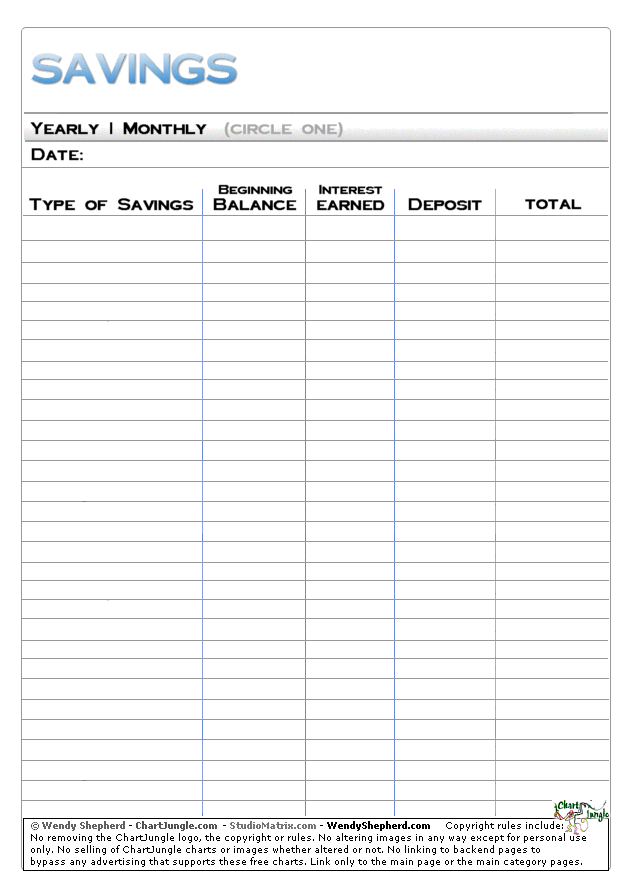
It was becoming well known in the popular financial press that most mutual funds were not beating the market indices. In 1973, Burton Malkiel wrote A Random Walk Down Wall Street, which presented academic findings for the lay public.

"The fund organized as an open-end, diversified investment company whose investment objective is to approximate the performance of the Dow Jones Industrial Stock Average", thereby becoming the first index fund. Dutcher Jr., filed a registration statement (2-38624) with the SEC on Octowhich became effective on July 31, 1972.

Beach (BSBA Banking and Finance, University of Florida, 1957) and joined by Walton D. Qualidex Fund, Inc., a Florida Corporation, chartered on (317247) by Richard A.

While their idea for an "Unmanaged Investment Company" garnered little support, it did start off a sequence of events in the 1960s. The first theoretical model for an index fund was suggested in 1960 by Edward Renshaw and Paul Feldstein, both students at the University of Chicago. 11 Comparison of index funds with index ETFs.9 Asset allocation and achieving balance.In contrast, actively managed domestic equity mutual funds experienced a net outflow of $659 billion, including reinvested dividends, from 2007 to 2014. Index-based domestic equity ETFs have grown particularly quickly, attracting almost twice the flows of index domestic equity mutual funds since 2007. From 2007 through 2014, index domestic equity mutual funds and ETFs received $1 trillion in new net cash, including reinvested dividends. Index domestic equity mutual funds and index-based exchange-traded funds (ETFs), have benefited from a trend towards more index-oriented investment products. Īs of 2014, index funds made up 20.2% of equity mutual fund assets in the US. Dow Jones Indexes says that all its products are maintained according to clear, unbiased, and systematic methodologies that are fully integrated within index families. One index provider, Dow Jones Indexes, has 130,000 indices. Some legal scholars have previously suggested a value maximization and agency-costs theory for understanding index funds stewardship. Most investors also find it difficult to beat the performance of the S&P 500 Index. The main advantage of index funds for investors is they don't require much time to manage as the investors don't have to spend time analyzing various stocks or stock portfolios. Some index providers announce changes of the companies in their index before the change date whilst other index providers do not make such announcements. Think of an index fund as an investment utilizing rules-based investing. Companies are purchased and held within the index fund when they meet the specific index rules or parameters and are sold when they move outside of those rules or parameters. Additional index funds within these geographic markets may include indexes of companies that include rules based on company characteristics or factors, such as companies that are small, mid-sized, large, small value, large value, small growth, large growth, the level of gross profitability or investment capital, real estate, or indexes based on commodities and fixed-income.

A group of stocks may include companies from the United States, Non-US Developed, emerging markets or Frontier Market countries. Equity index funds would include groups of stocks with similar characteristics such as the size, value, profitability and/or geographic location of the companies. The most commonly known index fund in the United States, the S&P 500 Index Fund, is based on the rules established by S&P Dow Jones Indices for their S&P 500 Index. Index funds may also have rules that screen for social and sustainable criteria.Īn index fund's rules of construction clearly identify the type of companies suitable for the fund. : 1244–45 Those rules may include tracking prominent indexes like the S&P 500 or the Dow Jones Industrial Average or implementation rules, such as tax-management, tracking error minimization, large block trading or patient/flexible trading strategies that allow for greater tracking error but lower market impact costs. While index providers often emphasize that they are for-profit organizations, index providers have the ability to act as "reluctant regulators" when determining which companies are suitable for an index. An index fund (also index tracker) is a mutual fund or exchange-traded fund (ETF) designed to follow certain preset rules so that the fund can track a specified basket of underlying investments.


 0 kommentar(er)
0 kommentar(er)
